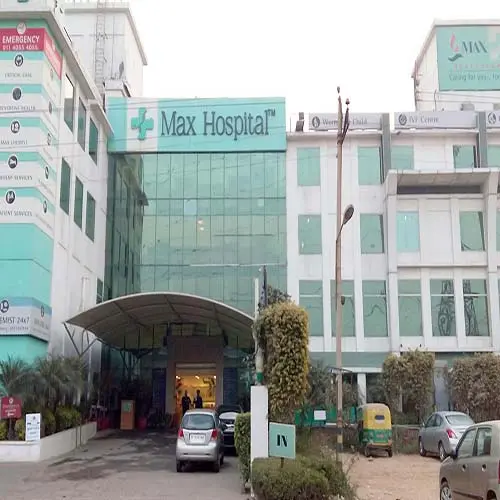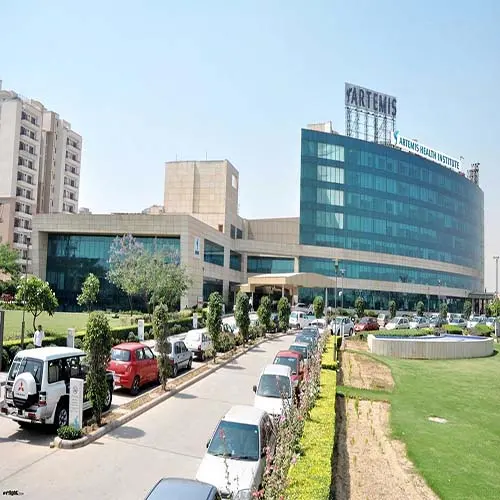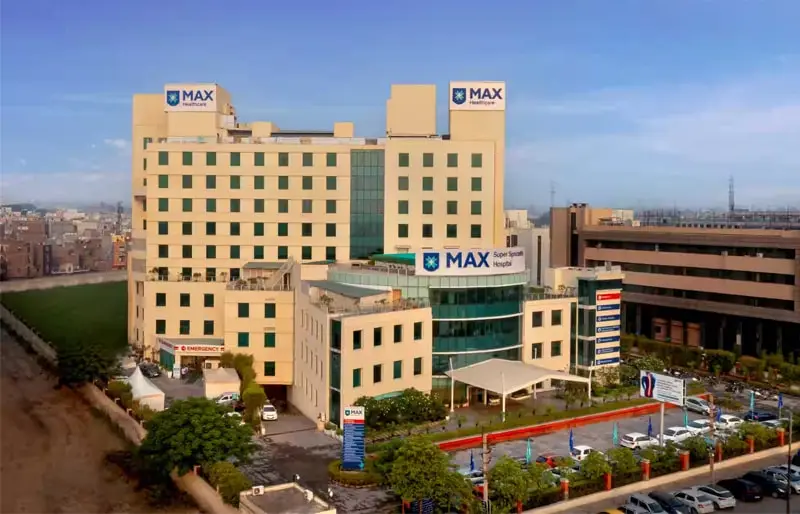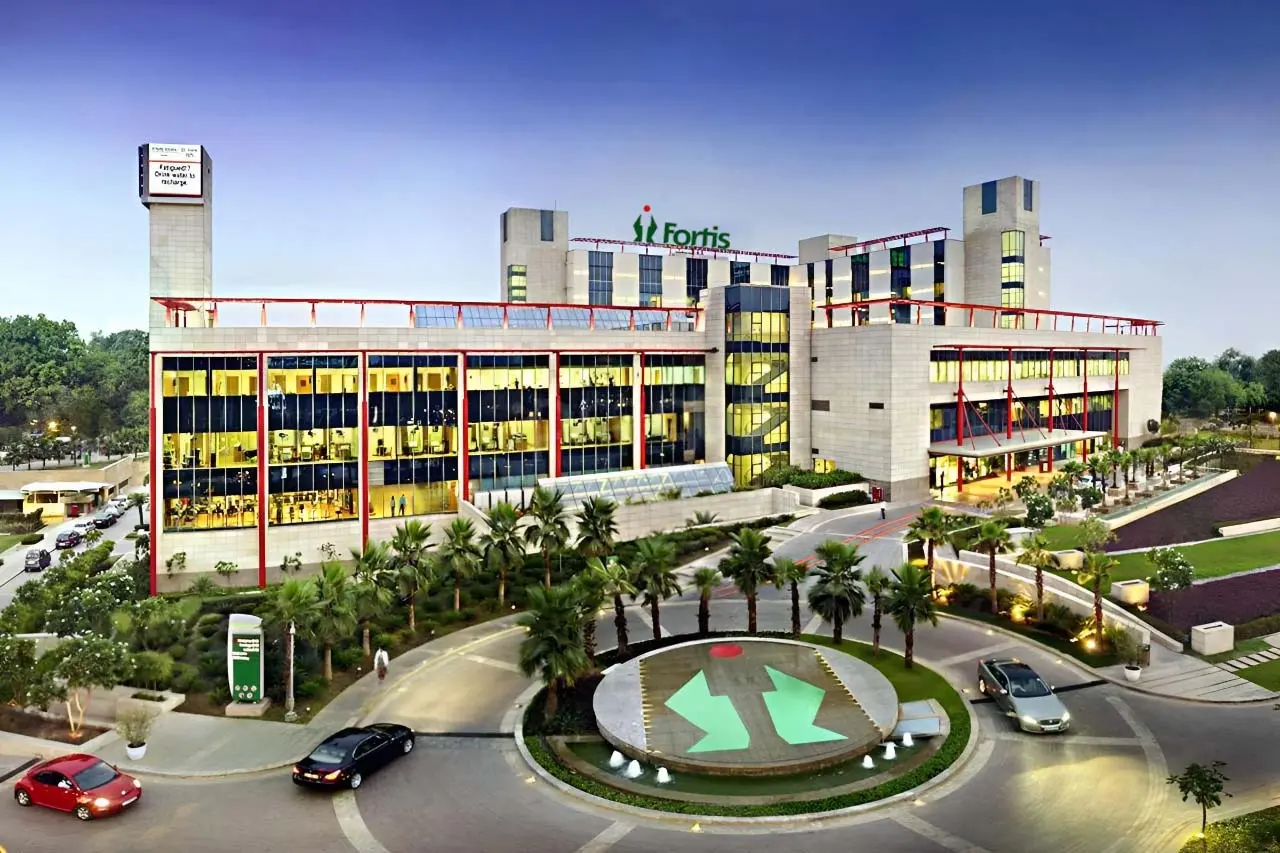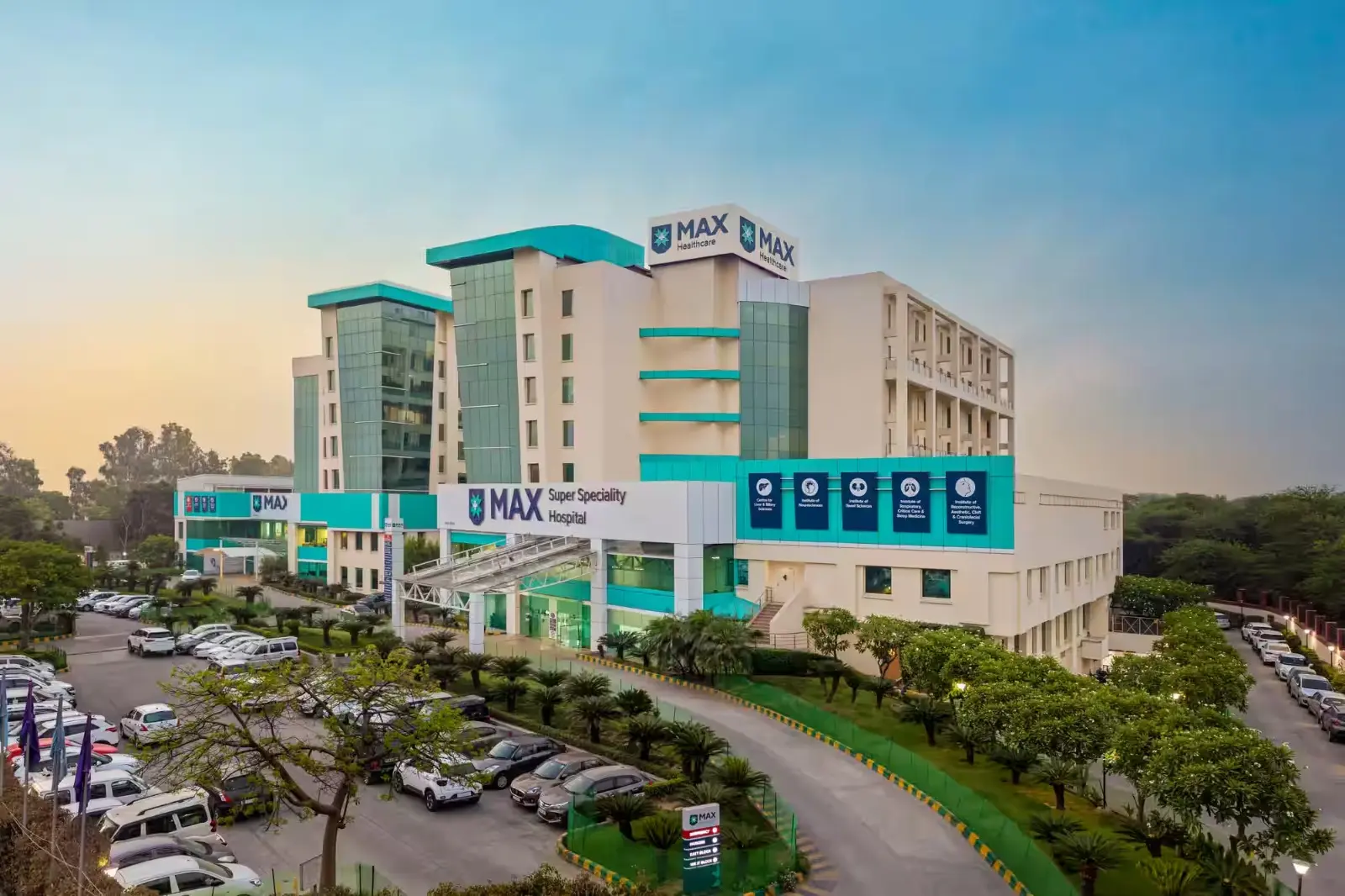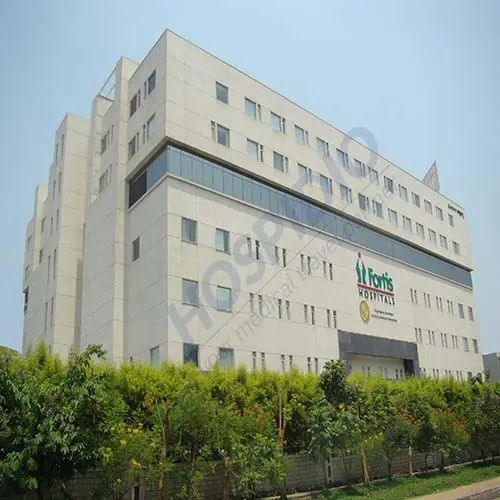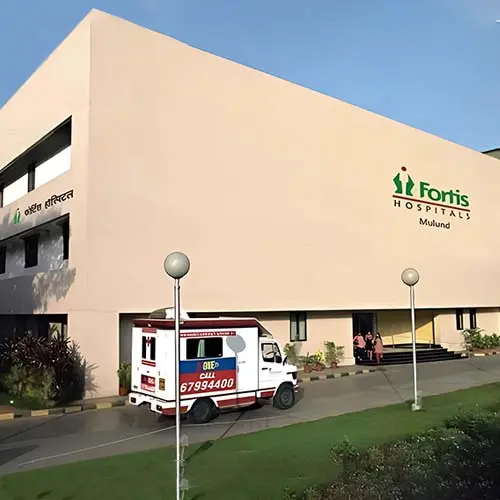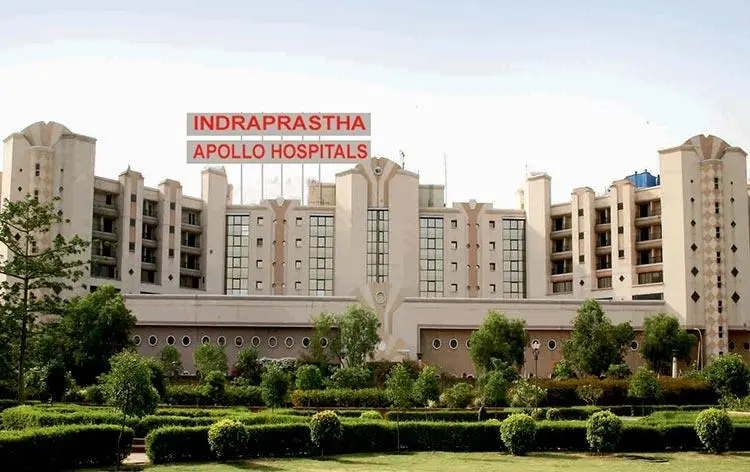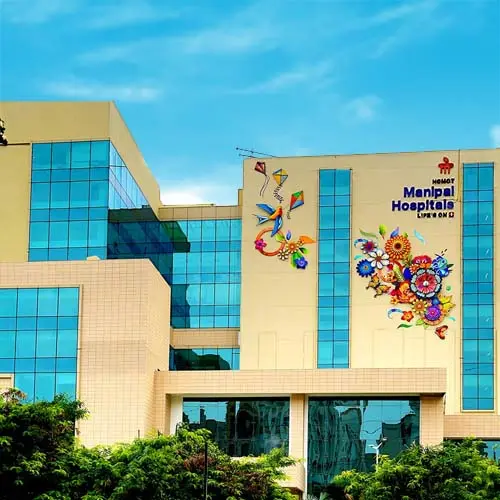Anorectal Malformation Surgery cost in India
Anorectal malformation surgery cost in India ranges from $6500 to $9000, which is equivalent to approximately 550,000 to 765,000 Indian rupees. India is globally recognized for providing high-quality pediatric surgical care at affordable prices. Many families from different parts of the world choose India for anorectal malformation treatment due to its combination of world-class surgical expertise, advanced medical infrastructure, and compassionate patient care.
These surgeries are performed by experienced pediatric surgeons in top Indian hospitals equipped with the latest technology. With careful surgical planning, dedicated post-operative care, and rehabilitation, most children achieve excellent long-term outcomes and a greatly improved quality of life.
Cost Range of Anorectal Malformation Surgery cost in India
What is Anorectal Malformation?
Anorectal malformation is a birth defect where a baby’s anus and rectum (the lower part of the bowel) do not form properly. This can cause the anal opening to be missing, narrow, or connected to other organs. As a result, the baby may not be able to pass stool normally. Surgery is usually needed to create a proper opening and help the child have regular bowel movements.
Get a free cost estimate
Common Conditions That May Require Anorectal Malformation Repair Surgery in India
Imperforate Anus
The baby is born without an anal opening. Surgery is needed to create a proper opening so the child can pass stool normally.
Anorectal Malformation with Fistula
The rectum is connected abnormally to the urinary tract or reproductive system (fistula). Surgery disconnects the fistula and reconstructs the anus to restore normal bowel function.
High Anorectal Malformation
The rectum is located high in the pelvis and may not connect properly to the anus. A more complex surgery is required to pull the rectum down and create a functional anal opening.
Low Anorectal Malformation
The rectum is close to the skin but with a narrow or misplaced opening. Surgery corrects the position and size of the opening.
Rectal Stenosis or Narrowing
A very narrow anal opening makes it difficult to pass stool. Surgery widens the opening to improve bowel movements.
Complications After Previous Surgery
Some children may need revision surgery to correct problems like stricture (narrowing), incontinence, or poor bowel control after earlier repair.
Who Is an Eligible Candidate for Anorectal Malformation Repair Surgery in India?
1. Medical Eligibility Criteria
a) Confirmed Diagnosis of Anorectal Malformation
Anorectal malformation repair is recommended for babies or children diagnosed with this condition. The diagnosis typically involves:
- Physical Examination: The doctor checks for a missing or abnormal anal opening and signs of fistulas.
- Imaging: Ultrasound, X-rays, or MRI are used to assess the type and severity of the malformation and check for other abnormalities.
b) Type and Severity of Anorectal Malformation
- Imperforate Anus: Requires surgery to create a proper anal opening.
- Anorectal Malformation with Fistula: Surgery is needed to disconnect abnormal connections to the urinary or reproductive system.
- High Anorectal Malformation: Requires complex surgery to pull the rectum down and connect it correctly.
- Low Anorectal Malformation: Surgery corrects the position and size of the anal opening.
- Complications from Previous Surgery: Revision surgery may be required for strictures, incontinence, or poor bowel control.
2. Additional Considerations
Age
- Ideal Age for Surgery: Initial surgery is usually performed in the first few months of life. Definitive repair often occurs around 3 to 6 months of age, depending on the condition.
- Older Children: Surgery can still be performed later if the malformation was not treated early or if additional correction is needed.
Overall Health
- The child should be medically stable to undergo surgery.
- Any associated conditions (heart, kidney, or spinal problems) should be addressed first.
Family Support and Follow-up
- Families must be prepared for post-surgery care, including wound care and regular follow-ups.
- Long-term follow-up is important to monitor bowel function and address any complications.
Parental Motivation and Understanding
- Parents should understand that surgery aims to restore normal stool passage and improve quality of life.
- In some cases, additional procedures or bowel management may be needed for optimal outcomes.
Types of Anorectal Malformation Repair Surgery
Here is an overview of the common types of anorectal malformation repair surgries with their approximately cost range in USD:
Type of Surgery | Description | Approximate Cost (USD) |
Posterior Sagittal Anorectoplasty (PSARP) | The most common surgery for anorectal malformations. The surgeon creates a new anal opening and positions the rectum correctly. | $6500 – $8500 |
Laparoscopic-Assisted Anorectal Pull-Through (LAARP) | A minimally invasive technique used for high malformations. The surgeon uses laparoscopy to pull the rectum down and create a new opening. | $6500 – $7500 |
Anoplasty | Performed for low anorectal malformations where the anal opening is narrowed or misplaced. The surgeon reconstructs or enlarges the opening. | $6500 – $7500 |
Fistula Repair Surgery | Performed to disconnect abnormal connections (fistulas) between the rectum and the urinary or reproductive system. | $3500 – $4500 |
Revision Surgery | For children who have complications after previous surgery, such as strictures, poor bowel control, or fistulas. | $7500 – 9000 |
{full form}
Anorectal malformation Surgery Cost in India Inclusions
- First consultation
- Treatment as advised
- Routine drugs and consumables required during hospitalization
- Pre-anesthesia check up and clearance
- Hospital stay and meals as per the package
Anorectal malformation Surgery Cost in India Exclusions
- Pre-operative examination and tests
- Hotel stay, meals and flights
- Extended hospital stay Post-treatment follow-ups
- Treatment for any other underlying medical conditions
- Any complex investigations or drugs
Other Factors Affecting Anorectal malformation Surgery Cost in India
- Type of surgery advised
- Choice of location, doctor and hospital
- Pre-existing medical history
- Type and duration of treatment advised
Types of Tests for Anorectal Malformation Surgery
Category | Brief Description | Tests |
Blood Tests | To check general health, infection risk, clotting ability, and organ function before surgery. | Complete Blood Count (CBC), Blood Group & Cross-Matching, Coagulation Profile (PT, APTT, INR), Blood Sugar Levels, Kidney Function Tests, Liver Function Tests, Infection Screening. The cost will around $100-$150. |
Radiology Investigations | To confirm the type and severity of malformation and detect associated anomalies. | X-ray with contrast (Invertogram or Prone Cross Table Lateral X-ray), Abdominal/Pelvic Ultrasound, MRI of Spine and Pelvis (if needed). The cost will be around $300-$350 |
Cardiology Investigations | To ensure the heart is healthy enough for surgery and anesthesia. | Echocardiogram (2D Echo), Electrocardiogram (ECG). The cost will be approx $300. |
Urological Assessment | To evaluate urinary tract and detect abnormal connections (fistulas). | Micturating Cystourethrogram (MCU), Ultrasound of the Urinary Tract. The cost will be approx $ 250 |
Other Important Assessments | To confirm readiness for anesthesia, assess nutrition, and screen for related birth defects. | Pre-Anesthetic Checkup (PAC), Nutritional Assessment, Genetic Counseling (if required), Neurological Examination. |
Why is India Preferred as One of the Best Countries for Anorectal Malformation Surgery?
India is one of the most preferred destinations for anorectal malformation surgery due to its world-class pediatric surgical care, highly experienced surgeons, and affordable treatment costs. Many international families choose India to ensure their child receives safe, advanced, and effective surgical correction for anorectal malformations.The average cost of anorectal malformation surgery in India ranges from $6,000 to $8,500, much lower than in countries like the USA ($45,000–$65,000) or UAE ($15,500–$27,000). Despite the lower cost, India maintains international standards of care and surgical excellence.
Leading hospitals such as Max Healthcare, Fortis Healthcare, Apollo Hospitals, and Manipal Hospitals provide cutting-edge pediatric surgical facilities. Indian surgeons perform a wide range of procedures — including Posterior Sagittal Anorectoplasty (PSARP), laparoscopic-assisted pull-through, fistula repair, and revision surgeries — using the latest techniques and supported by multidisciplinary teams.
Families benefit from short waiting times, personalized treatment plans, and comprehensive post-surgery care. India also offers excellent support for international patients, including medical visa assistance, interpreter services, affordable accommodation, and follow-up care.
In summary, India offers an exceptional combination of affordability, surgical expertise, advanced infrastructure, and holistic patient care, making it a top global choice for anorectal malformation surgery.
Best Anorectal Malformation Surgery Hospitals in India
FAQs
Anorectal Malformation (ARM) surgery is a procedure to correct birth defects in which the anus and rectum are not properly formed. It helps children pass stools normally and improves bowel function.
Babies or children born with a blocked, misplaced, or absent anus or rectum, or with associated abnormalities, are candidates for ARM surgery. Early treatment is usually recommended.
The timing depends on the type of malformation. Some newborns may need surgery in the first few days of life, while others may have a staged surgery over months.
The surgeon creates or reconstructs a normal anus and connects it to the rectum. Some cases may need a temporary colostomy (opening in the abdomen) before the main surgery.
Yes, ARM surgery is generally safe, especially in specialized pediatric centers in India. Complications are rare but may include infection, bleeding, or narrowing of the new anus.
Most children achieve good bowel control, but some may need long-term bowel management or therapy for constipation or incontinence.
Recurrent problems are uncommon, but follow-ups are important to detect and manage any complications early.

